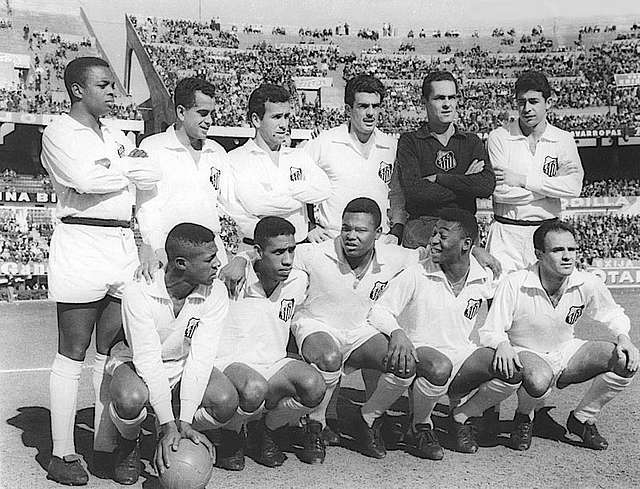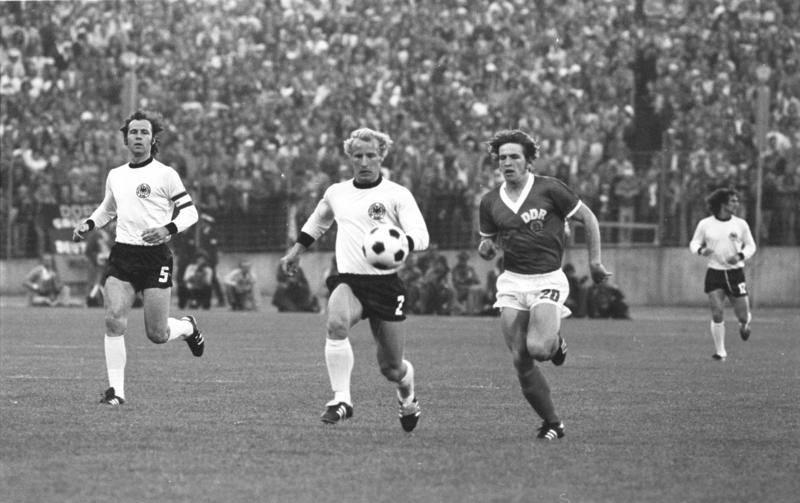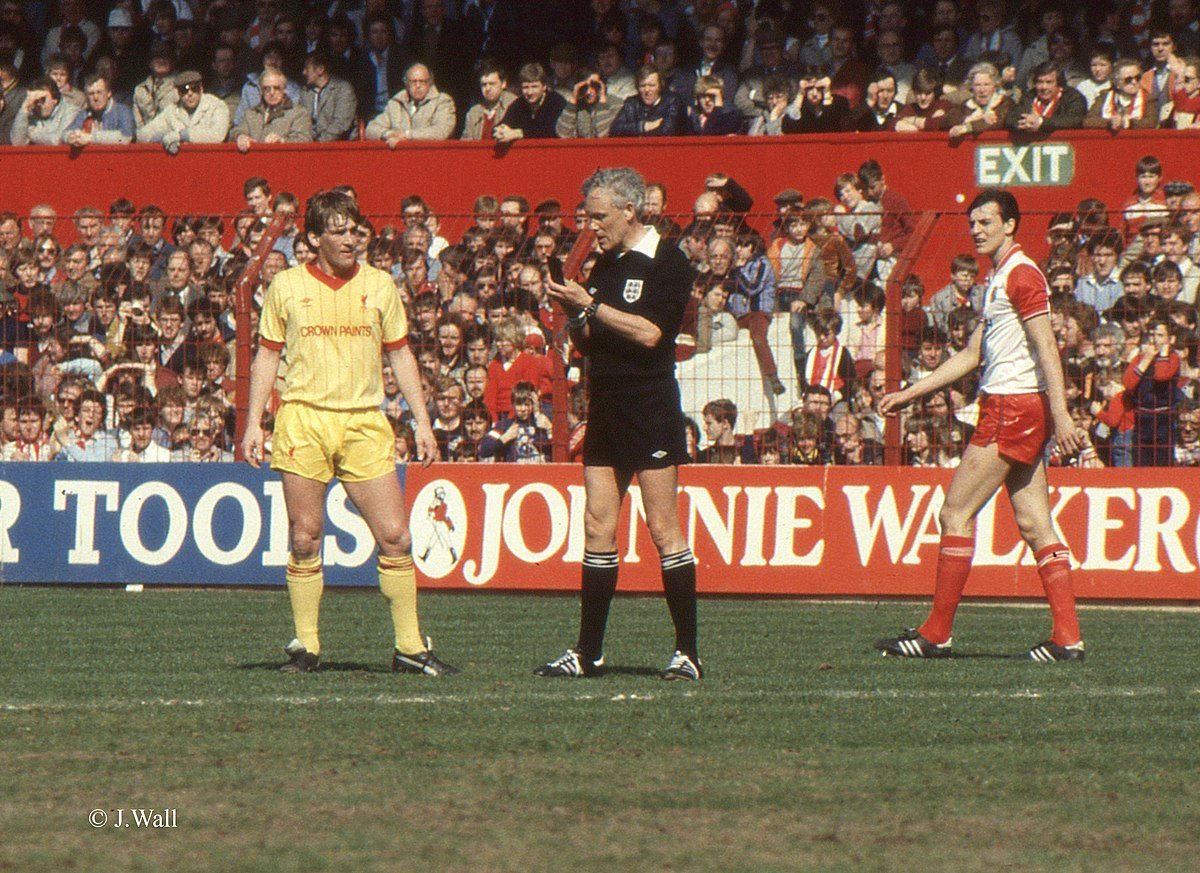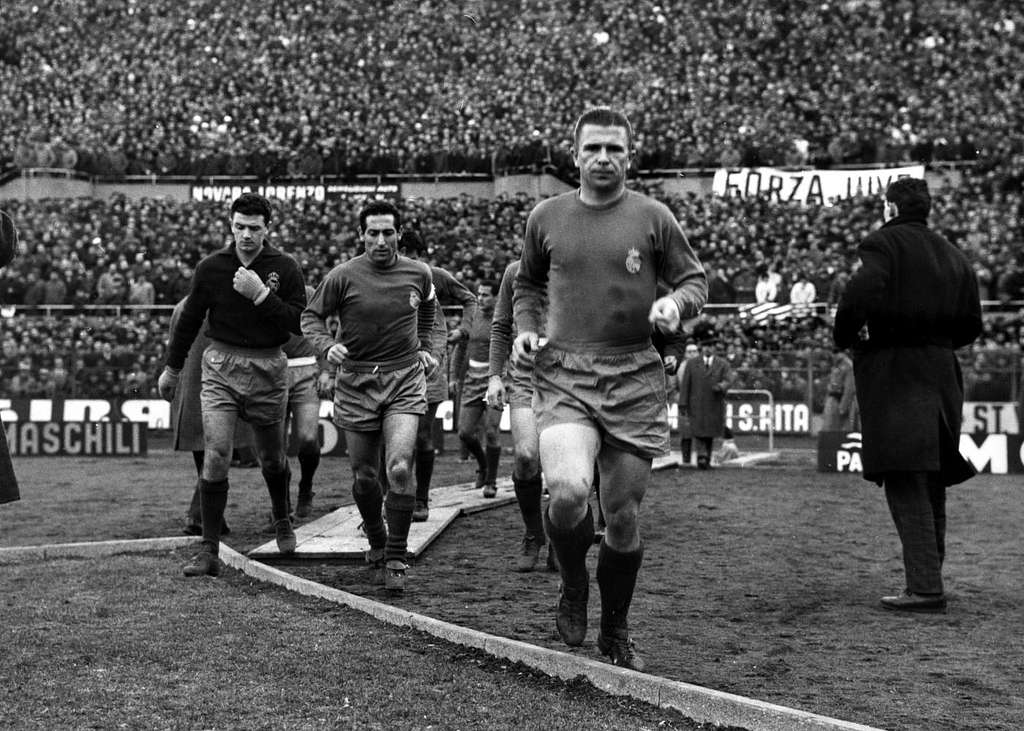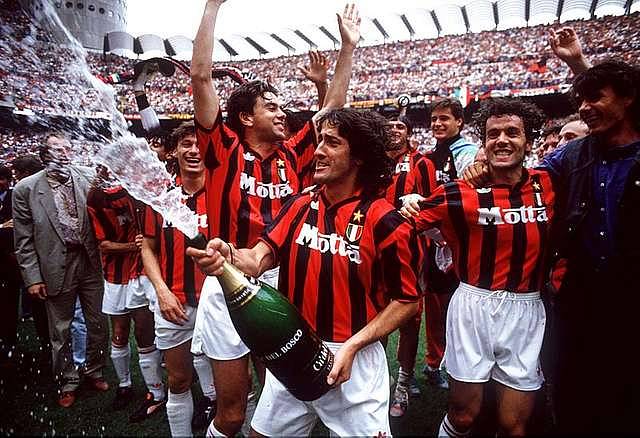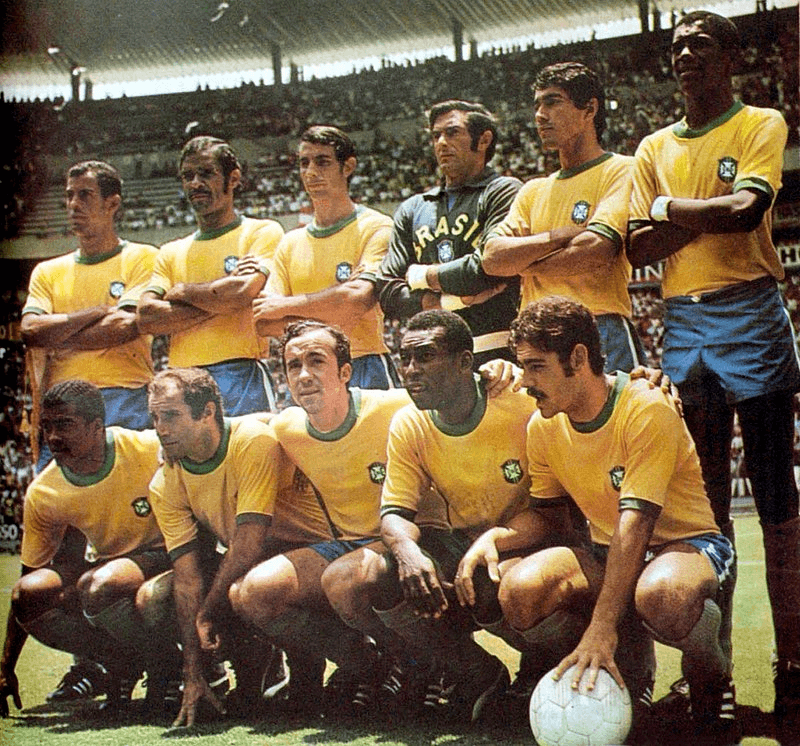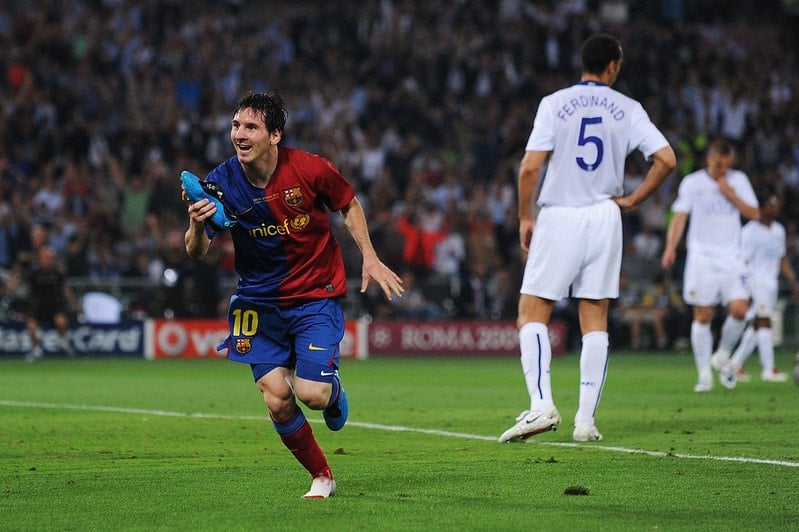The 10 Greatest Soccer Teams of All Time
Throughout soccer's storied history, a handful of extraordinary teams have redefined the sport, combining skill, strategy, and relentless pursuit of victory. This definitive list spotlights the ten most legendary soccer teams, focusing on their championship hauls, renowned players, long-term dominance, and lasting impact on the game’s evolution.
Ready to discover which teams earned a place among football’s immortals? Dive in as we rank the most iconic soccer teams the world has ever seen.
Hungary’s Golden Era: The Pioneers of 1952-1958
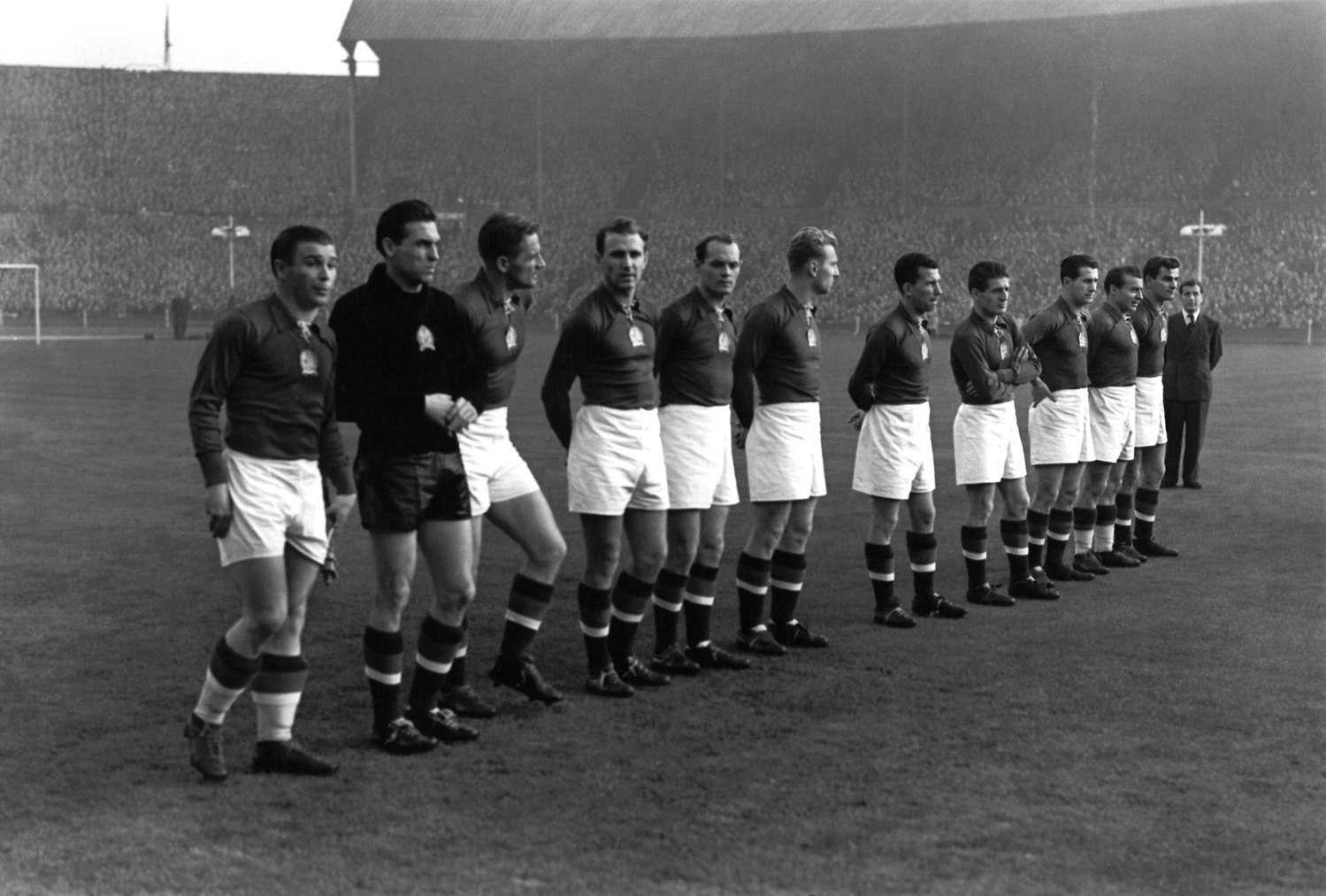
Image: Kovács József/Wikipedia Commons
- Olympic Gold: 1952
- Central European International Cup: 1953
- World Cup Finalists: 1954
Key Players: Ferenc Puskás, Nándor Hidegkuti, József Bozsik, Gyula Grosics
Hungary’s “Mighty Magyars” left an unforgettable imprint on football during the 1950s. Under the innovative leadership of Gusztáv Sebes, the team abandoned conventional tactics for a flexible, attacking 3-2-3-2 formation. Their creativity foreshadowed the concept of Total Football. Boasting the genius of icons like Ferenc Puskás, they toppled giants across Europe, earned Olympic gold, and dazzled on their way to the 1954 World Cup final. Although they did not clinch the world title, Hungary’s tactical influence and mesmerizing play style continue to inspire football to this day.
Santos FC’s Samba Domination: 1955-1968
Image: Wikimedia Commons
- Intercontinental Cup: 1962, 1963
- Intercontinental Supercup: 1968
- Copa Libertadores: 1962, 1963
- Brazilian Série A: 1961, 1962, 1963, 1964, 1965, 1968
Key Players: Pelé, Pepe, Coutinho
Santos FC reigned supreme in Brazil and South America, driven by the extraordinary Pelé-whom many declare the greatest to ever play. Their exhilarating style, built on flair and relentless attack, netted them domestic and continental supremacy, including back-to-back Copa Libertadores titles. Santos' creative spirit and samba-inspired playing philosophy ignited a new appreciation for expressive football, leaving a joyful legacy that transcended continents.
West Germany’s Ruthless Efficiency: 1972-1974
Image: Mittelstädt, Rainer/Wikipedia Commons
- FIFA World Cup Champions: 1974
- European Championship: 1972
Key Players: Franz Beckenbauer, Gerd Müller, Paul Breitner
The West German squad of the early 1970s embodied fortitude and composure. Guided by the legendary “Kaiser” Beckenbauer, they achieved a remarkable double with victories in the 1972 Euros and the 1974 World Cup. Their legacy lies in their unwavering discipline and mental resilience in pressure moments-a consistent hallmark of German football ever since.
Liverpool’s Era of European Dominance: 1976-1984
Image: Jim Wall/Wikipedia Commons
- English First Division Titles: 1975-76, 1976-77, 1978-79, 1979-80, 1981-82, 1982-83, 1983-84
- Football League Cups: 1980-81, 1981-82, 1982-83, 1983-84
- European Cups: 1976-77, 1977-78, 1980-81, 1983-84
- UEFA Cup: 1975-76
- UEFA Super Cup: 1977
Key Players: Kenny Dalglish, Graeme Souness, Alan Hansen
Led by Bob Paisley, Liverpool underwent a golden era in the late 1970s and early 1980s, clinching an astounding seven league titles and multiple European crown. Their Scottish core, tactical discipline, and astonishing depth propelled them to an unprecedented treble in 1984. The club’s remarkable European exploits showcased their unyielding pursuit of excellence and cemented Liverpool’s status as a football superpower.
Manchester United’s Premier League Revolution: 1992-2000
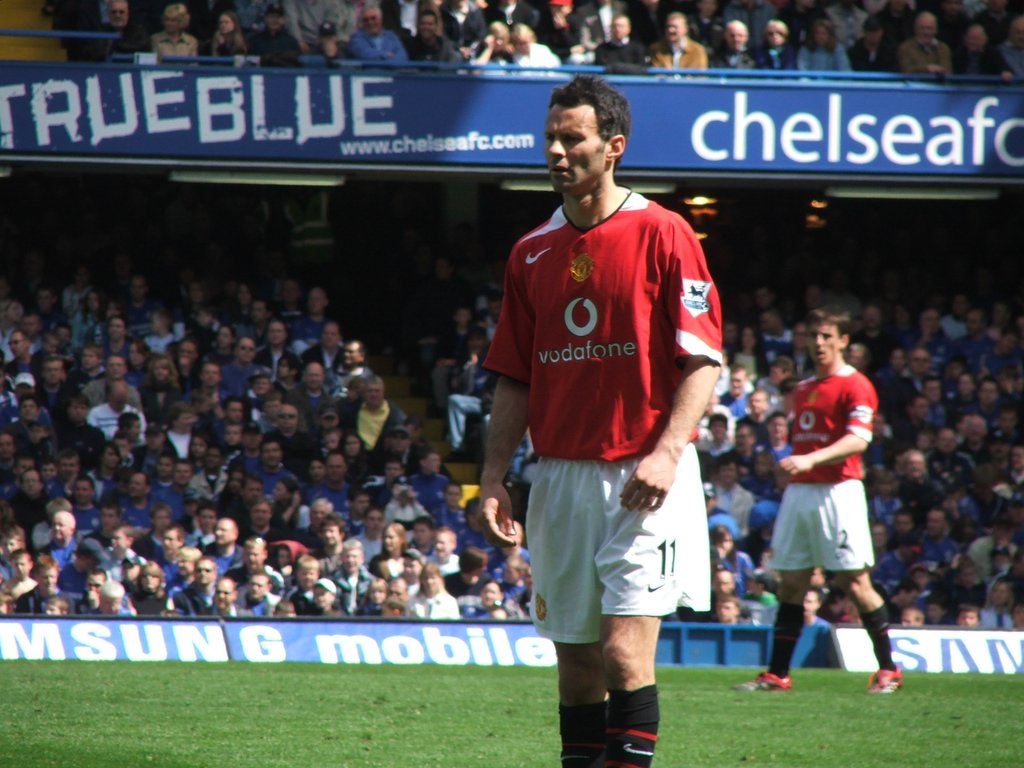
- Premier League Titles: 1992-93, 1993-94, 1995-96, 1996-97, 1998-99, 1999-2000
- FA Cups: 1993-94, 1995-96, 1998-99
- League Cup: 1991-92
- UEFA Champions League: 1998-99
Key Players: Ryan Giggs, Paul Scholes, Roy Keane, Eric Cantona, Peter Schmeichel
Under Sir Alex Ferguson, Manchester United dominated the fledgling Premier League, capturing global attention with their fearless playing style and dramatic late goals. The fabled “Class of ’92” rose through the ranks, while spectacular triumphs-including the unforgettable 1999 Champions League comeback-established United as a model for modern football clubs worldwide.
Real Madrid’s European Supremacy: 1955-1960
Image: Wikimedia Commons
- La Liga Champions: 1954-55, 1956-57, 1957-58
- European Cup Winners: 1955-56, 1956-57, 1957-58, 1958-59, 1959-60
- Latin Cup: 1955, 1957
Key Players: Alfredo Di Stefano, Raymond Kopa, Ferenc Puskás, Paco Gento
The late-1950s Real Madrid squad reimagined what club football could become by recruiting world-class stars from beyond Spain’s borders. This “Galácticos” approach paid off dramatically, as Madrid captured the first five European Cups-setting new standards of both team building and attacking play. Their vibrant football is the bedrock of the club’s illustrious tradition.
AC Milan’s Glittering Italian Dynasty: 1988-1994
Image: Wikimedia Commons
- Serie A Champions: 1987-88, 1991-92, 1992-93, 1993-94
- Supercoppa Italiana: 1988, 1992, 1993, 1994
- European Cup Winners: 1988-89, 1989-90, 1993-94
- European Super Cup: 1989, 1990, 1994
- Intercontinental Cup: 1989, 1990
Key Players: Ruud Gullit, Marco van Basten, Paolo Maldini, Franco Baresi
Anchored by a rare blend of creative Dutch attackers and world-class Italian defenders, AC Milan established one of Italy’s greatest dynasties. Their relentless efficiency led to a 58-game Serie A unbeaten streak and three consecutive league titles. Milan’s tactical innovations and glittering trophy cabinet left an indelible mark on both Italian and European football.
Spain’s Unstoppable National Team: 2008-2012
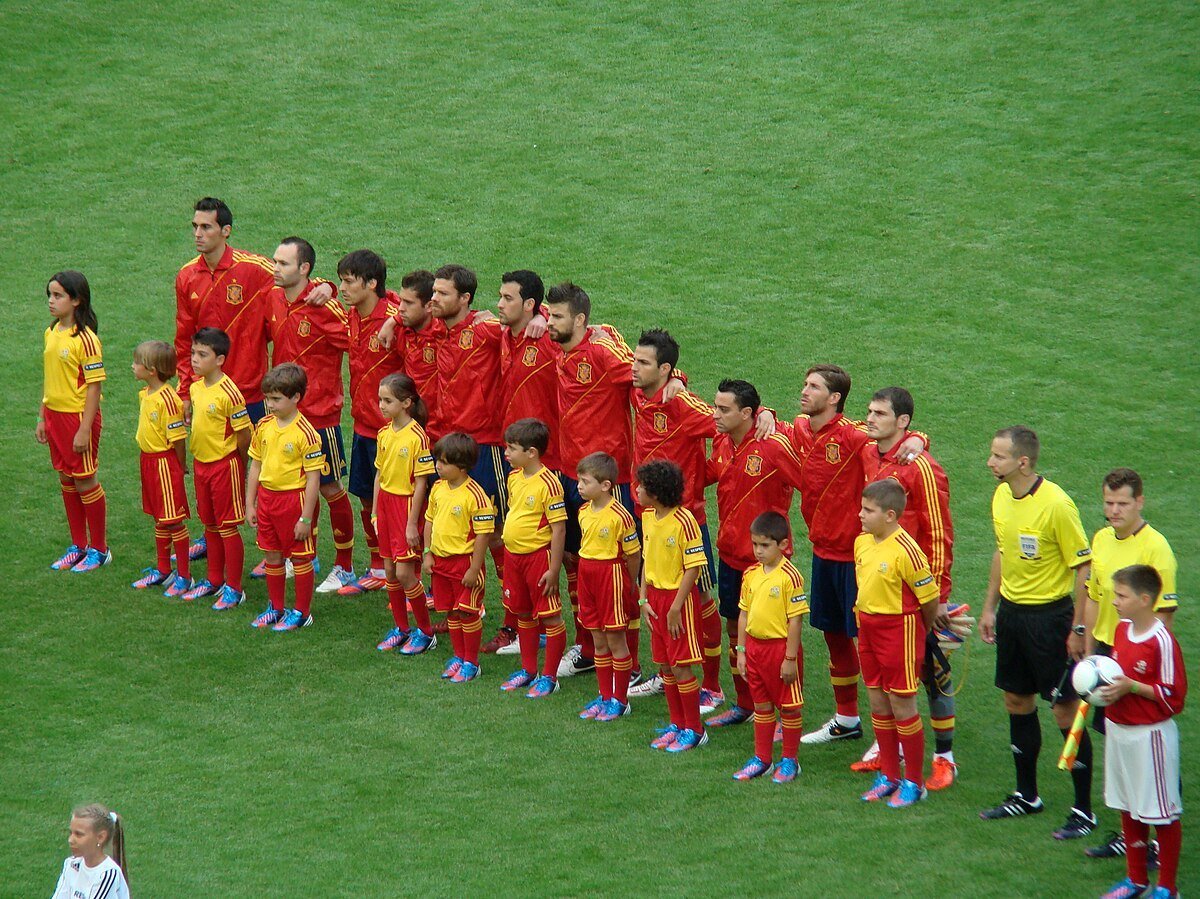
- FIFA World Cup Winner: 2010
- UEFA European Champions: 2008, 2012
Key Players: Andrés Iniesta, Xavi, Carles Puyol
Spain’s national team redefined international competition with an unprecedented run of two consecutive European Championship wins bookending a World Cup title. Uniting fierce club rivals under a “tiki-taka” philosophy, Spain’s elite squad dominated through technical mastery and unshakeable composure, capping their reign with a stylish 4-0 demolition of Italy in the 2012 Euro final-the only team ever to win three straight major tournaments.
Brazil’s Soccer Samba Show: 1958-1970
Image: Store Norske Leksikon, PDM 1.0 DEED
- World Cup Victories: 1958, 1962, 1970
Key Players: Garrincha, Pelé, Carlos Alberto Torres, Jairzinho
No conversation about the world's greatest teams is complete without Brazil's legendary squad. Between 1958 and 1970, Brazil clinched three World Cups, enchanting fans with an expressive, attacking style and legendary figures like Pelé and Garrincha. Their 1970 squad is especially venerated for its artistry, technical prowess, and unorthodox positional play. Brazil's joyous football set new standards for attacking brilliance and remains the gold standard for flair and entertainment in the sport.
Barcelona’s Tiki-Taka Masterclass: 2008-2012
Image: Arturo Miguel/Flickr, CC BY-NC-SA 2.0
- La Liga Champions: 2008-09, 2009-10, 2010-11, 2012-13
- Copa del Rey: 2008-09, 2011-12
- Supercopa de España: 2009, 2010, 2011
- Champions League Victories: 2008-09, 2010-11
- UEFA Super Cup: 2009, 2011
- FIFA Club World Cup: 2009, 2011
Key Players: Lionel Messi, Andrés Iniesta, Xavi, Dani Alves
No soccer team has captivated the world quite like Pep Guardiola’s FC Barcelona. Between 2008 and 2012, Barcelona revolutionized modern football with their “tiki-taka” philosophy-precision passing, relentless pressing, and positional mastery. Featuring academy graduates like Messi, Xavi, and Iniesta, and augmented by global stars such as Dani Alves and Thierry Henry, they swept to 15 major trophies including an unprecedented six in one season. Barcelona’s era redefined how the game is played at the highest level and solidified their place at the summit of world soccer.
Frequently Asked Questions about Legendary Soccer Teams
Which team is considered the greatest ever?
Many experts consider the Barcelona side under Pep Guardiola (2008-2012) as the most complete and influential club team in soccer history, owing to their record-breaking achievements and game-changing style.
Who is currently the world’s top national team?
As of now, Argentina sits at the top of FIFA’s international rankings. On the club scene, Manchester City leads UEFA’s coefficient ranking, especially after their treble in the 2022/2023 season.
Which countries produce the best soccer clubs?
Historically, Europe has been home to the most successful club teams, with Spain's Real Madrid and Barcelona leading the way, and England supplying several elite contenders. Spanish clubs have particularly excelled in both domestic and international competitions.
Who is the most successful soccer team in the United States?
LA Galaxy has established itself as the most decorated team in Major League Soccer, with five MLS Cup titles and nine finals appearances. Columbus Crew has also emerged as a formidable force with multiple championship victories in recent years.
Which team dominates Mexican soccer?
Club América stands as Mexico’s most successful team, boasting 14 league championships and six Copa México triumphs-both national records.
Real Madrid vs. Barcelona: Which team is superior?
Comparing trophy counts, Real Madrid leads with 35 La Liga titles and 14 Champions League crowns, while Barcelona holds the edge in Copa Del Rey wins. Both teams represent the pinnacle of Spanish and world soccer.

